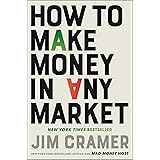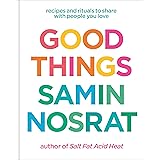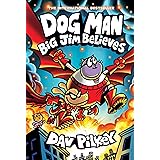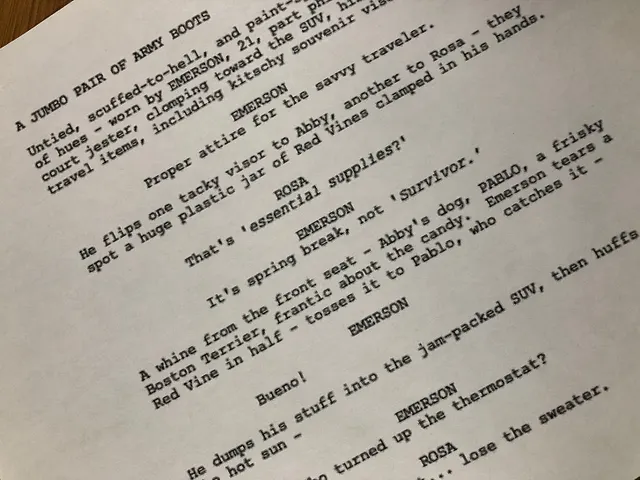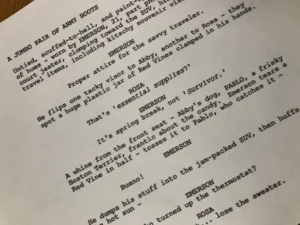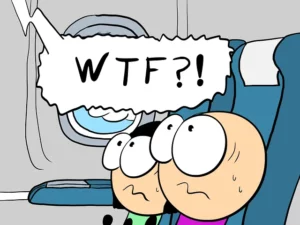“Unlocking the Secrets: How Writing TV Pilots Can Propel Your Screenwriting Career to Stardom!”
Have you ever wondered what it takes to craft a captivating story that leaps off the page and into the hearts of viewers? Writing a TV pilot isn’t just a technical exercise—it’s an opportunity to create a whole new universe! Yet, many aspiring writers shy away from this challenge, daunted by the advice that the market is oversaturated. But let me tell you: crafting a pilot can be one of the most dynamic ways to launch your writing career! It was my own starting point; from writing a pilot to collaborating with other experienced writers, I embarked on a whirlwind journey through the realm of screenwriting. Follow along as I explore why a TV pilot is not just a script—it’s your ticket to breaking into an industry eager for fresh, unique voices! So, are you ready to turn your ideas into a reality? LEARN MORE.
A pilot is not just a script, it’s a story world
There’s a lot of advice out there warning new writers away from starting with a TV pilot. Some say the market is too saturated, and the odds are stacked against you.
But I’m here to tell you that writing a TV pilot as a newbie can be one of the best ways to break into the industry. In fact, my own journey as a screenwriter began with writing a TV pilot and a series bible with my friend who had more experience as a screenwriter.
It was a sitcom. Although that particular show wasn’t made, the producer whom we pitched the project hired us to write a different sitcom. We included two other friends with comedy writing experience and started our screenwriting journey as a group.
Over the years, after some struggle, we wrote several more TV pilots and sold them to the same producer.
Here’s why I believe that writing TV pilots and developing series ideas are smart moves for new writers:
1. It’s the Ultimate Calling Card
A TV pilot shows your ability to create a world, develop characters, and tell a compelling story all within a single script. It is easier than writing a feature film script which might take years to complete, depending on the story. It’s a concentrated display of your voice, your storytelling abilities, and your understanding of what makes great television.
When we wrote our first pilot, it didn’t just show that we could write a script. It also showed potential collaborators and producers that we could bring a whole new world to life. That script, even though it didn’t get produced, opened the door to future opportunities for our group.
2. Industry Demand for Fresh Voices
Despite what some may say about the market being saturated, the truth is that there is always a demand for fresh, new voices. Networks, streamers, and production companies are constantly on the lookout for the next big thing. That’s what they announce, and that’s also what we observe.
Your pilot could be exactly what they’re looking for, especially if it brings a unique perspective or taps into an untapped niche. In my case, our pilot wasn’t picked up, but the producer recognized the potential in our writing and brought us on board for another sitcom. Not the same writers they had employed for years, but us.
3. Opportunity to Show Your Versatility
When you write a TV pilot, creating new settings, characters and potential story arcs, you don’t just tell one story, but you show that you can think beyond a single episode. Creating a series bible alongside your pilot demonstrates your ability to develop a long-term vision, which is highly valued in television.
When my friend and I developed our first pilot, we also created a detailed bible that outlined the whole world of the series. This not only helped us refine our vision but also showed our ability to think long-term, which was important for our producer. This opened the door for us.
4. A Unique Learning Experience
There’s no better way to learn the craft of television writing than by doing it.
Writing a TV pilot forces you to hone your dialogue, pacing, and structure skills in ways that writing features or shorts might not.
It’s an intense, challenging process, but one that will make you a better writer, no matter where your career goes. I can attest to this. Writing that first pilot was like attending film school for me, although I never did. It taught me more about storytelling, character development, and the demands of TV writing than any course or book could have.
I read many of the books later in my career and can’t deny their help, but practicing always beats just theory. You can’t learn to swim without getting wet. Same with writing.
5. Networking and Building Relationships
Submitting a TV pilot helps with networking opportunities. Even if your show doesn’t get made, the process of pitching and submitting can put you in front of producers, agents, and other industry professionals.
These relationships later turn into opportunities, as they did in my case. The connections I made while developing and pitching that first pilot have been invaluable throughout my career. I worked with the same people several times on different projects at the same company and others.
6. Every TV Project Starts with a Pilot
Before any show becomes a series, it begins with one script, a pilot. This script introduces the characters, sets the tone, and lays the foundation for the entire series.
Throughout my career, my partners and I wrote many pilots, and while not all of them were produced, they still played a crucial role in our careers. There is no TV writing career without mastering the TV pilot.
Writing a pilot is more than just an exercise; it’s a key step in setting the stage for your career and making your mark as a TV writer.
7. You Have to Start Somewhere
Every writer’s journey is different, but one thing is constant: you have to start somewhere. Writing a TV pilot is a tangible, achievable goal that can kickstart your career. It’s a project you can complete, submit, and be proud of, regardless of the outcome.
For me, that first pilot was the most crucial step of an exciting journey.
How do you write a TV pilot?
1. Start with the Idea
A great idea is not everything, but still, it is the most important part of writing a pilot. So, don’t rush into writing. Take your time to brainstorm and develop multiple concepts. Turn those ideas into one-pagers that summarize the premise, characters, and the feel of the show. If you can, pitch them to friends, fellow storytellers, or even professional mentors to get feedback.
And here’s the thing: Don’t start writing your pilot until you’ve developed at least 10 ideas this way. Trust me, it’ll help you figure out what’s really got legs before you dive into the hard work.
2. Pick Your Best Concept and Dive In
Once you’ve gotten feedback and have your top idea, that’s when the real fun begins. You’ll hear about writers who “pants” their way through a script, discovering the story as they go. That might work for novels, but with TV scripts, not so much.
A script is mathematical. It needs structure and a clear plan. So, before you write, get that outline nailed down. It’ll save you time and keep the story flowing smoothly.
3. World-Building vs. Plotting
Here’s something important: creating a world and building the plot are two different things. You might be able to imagine a fantastic story world, but turning that into a compelling plot is a different game. So, treat them separately.
Spend time in writing sessions focused on creating your characters, the setting, the time, the atmosphere. You’ll probably come up with plot ideas as you go, and that’s great! Just keep them in a separate file or notebook so you can stay organized. The two processes often happen together, but they’re not the same thing.
4. Think About Your Episode Structure
Before you start writing, think about where you want your episode to end. Is it going to be a cliffhanger? Or is your series more episodic, like a sitcom or police procedural, where each episode wraps up its story and a new one starts next week? The structure you choose will shape how you plot your pilot.
A serialized drama will have a different flow and pacing compared to an episodic series, so do your research. Read lots of pilot scripts in your genre to see how they handle these elements before diving into your own plotting.
5. Outline and Write a Treatment
Once you’ve figured out the structure and have your world and characters sorted, and created a plot outline, it’s time to write a treatment, which can be just like a script without the dialogue.
This helps you see how everything fits together before you get into the nitty-gritty of writing scenes. It’s like sketching out your art before you bring out the paint.
6. Keep Learning and Keep Writing
Writing a TV pilot isn’t just finishing the script. You play with it like play dough. It’s a chance to practice and learn the craft. The process can be tough, but t is fun and rewarding.
Once you share it with the world you’ll have more opportunities to discuss, learn, and open doors to new possibilities.
Don’t be discouraged by those who say it’s too hard or the market is too crowded. If you have a story to tell, write your pilot, and see where it takes you. It worked for me and my group, and it could work for you too!
